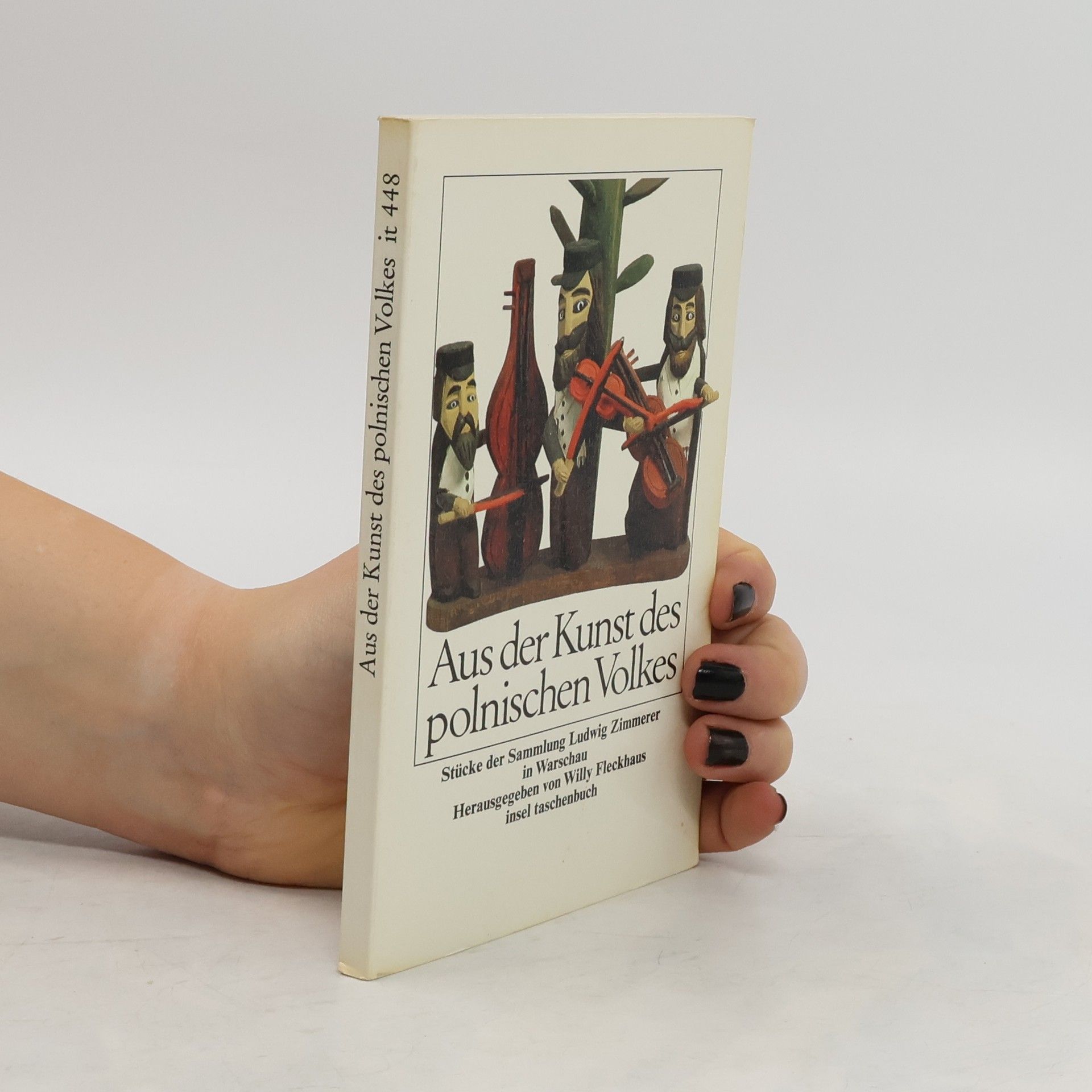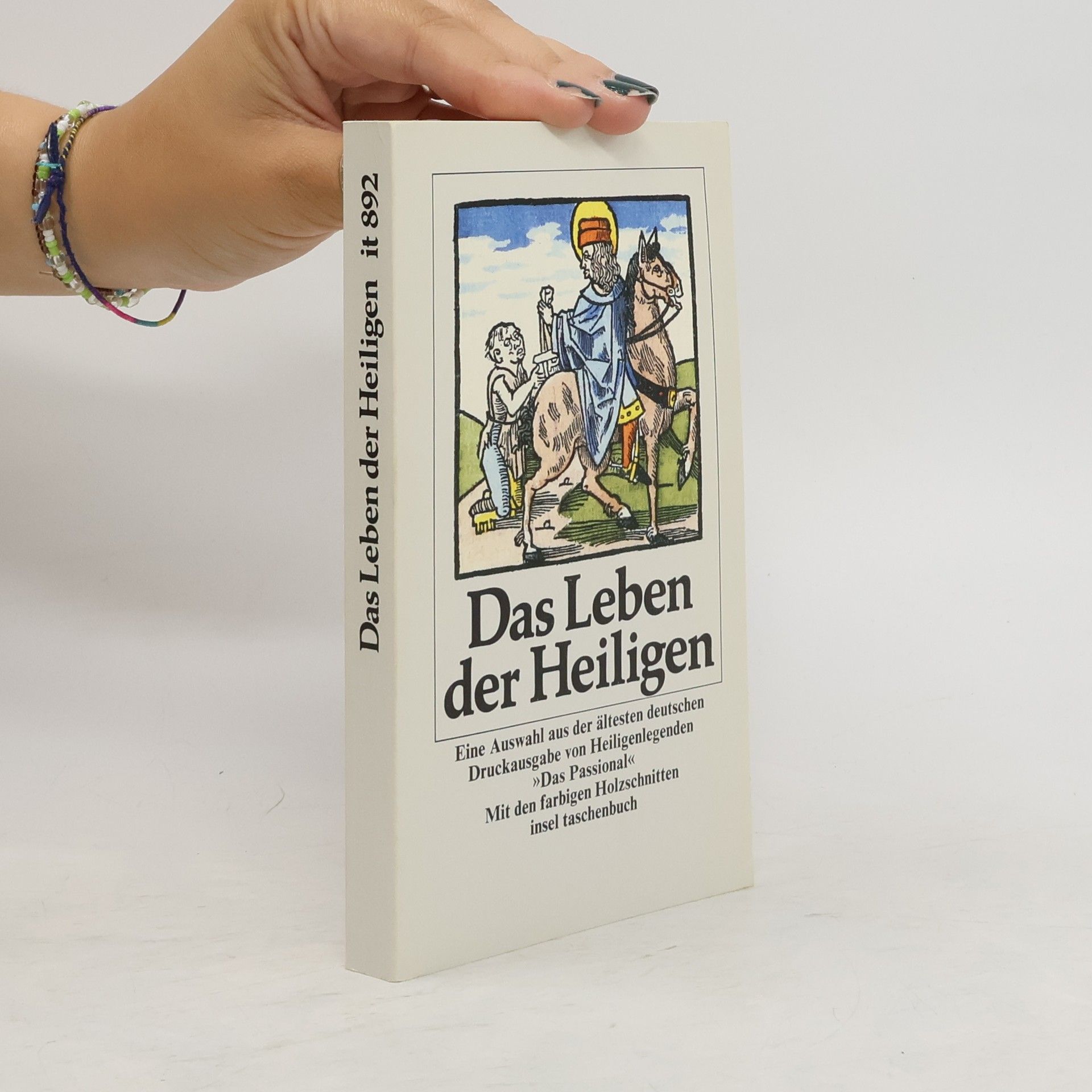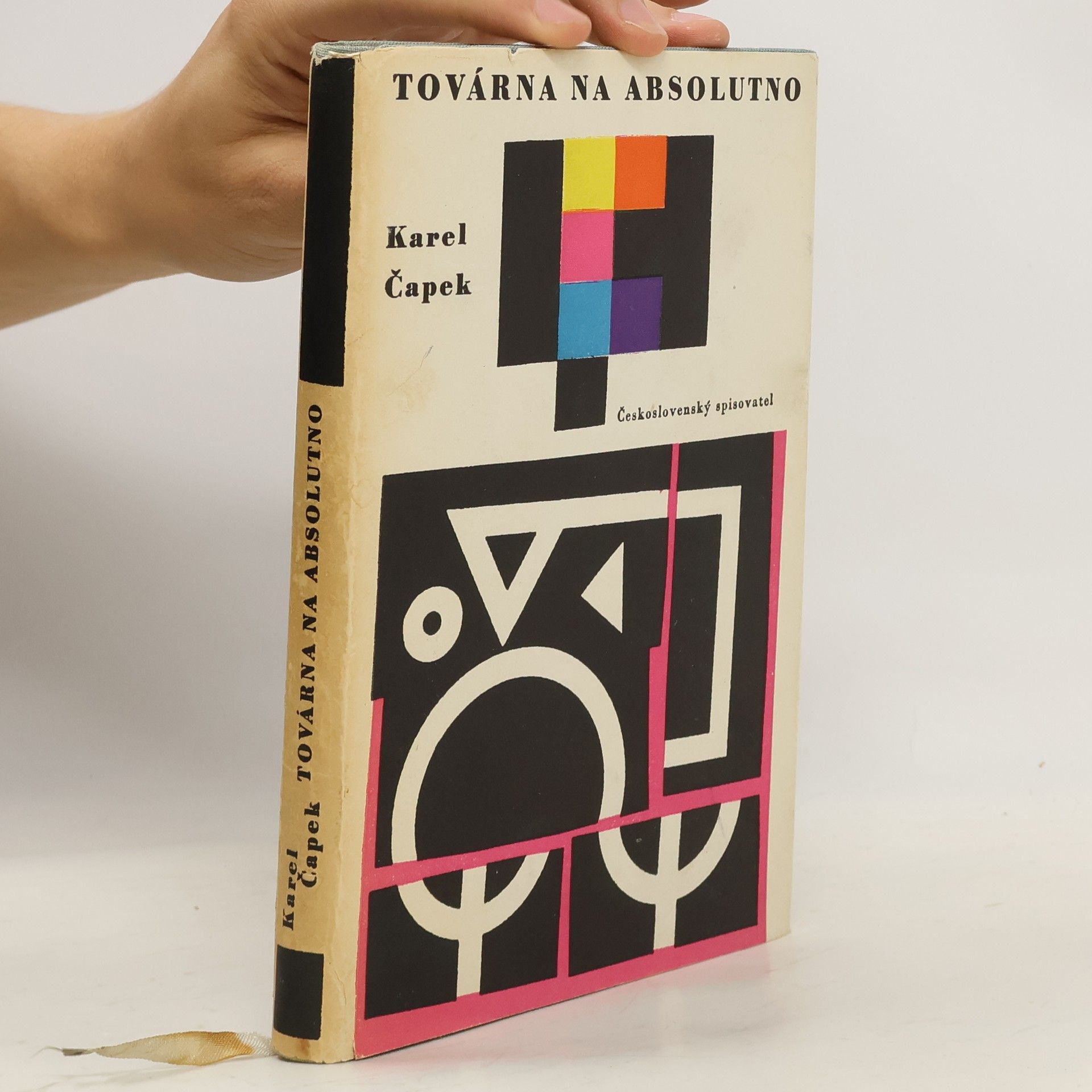První Čapkův utopický román o vynálezu stroje na využití energie, jenž však z hmoty kromě ostatní energie uvolňuje i "absolutno"- boha a způsobí tím převraty v citech a myšlení lidí i národů. Kladem díla zůstává jeho kritika: kritika nacionalismu, klerikalismu a společenského systému,na jehož pozicích autor stál. Vyšlo v edici Dílo bratří Čapků, s kresbami Josefa Čapka.
Willy Fleckhaus Libri



